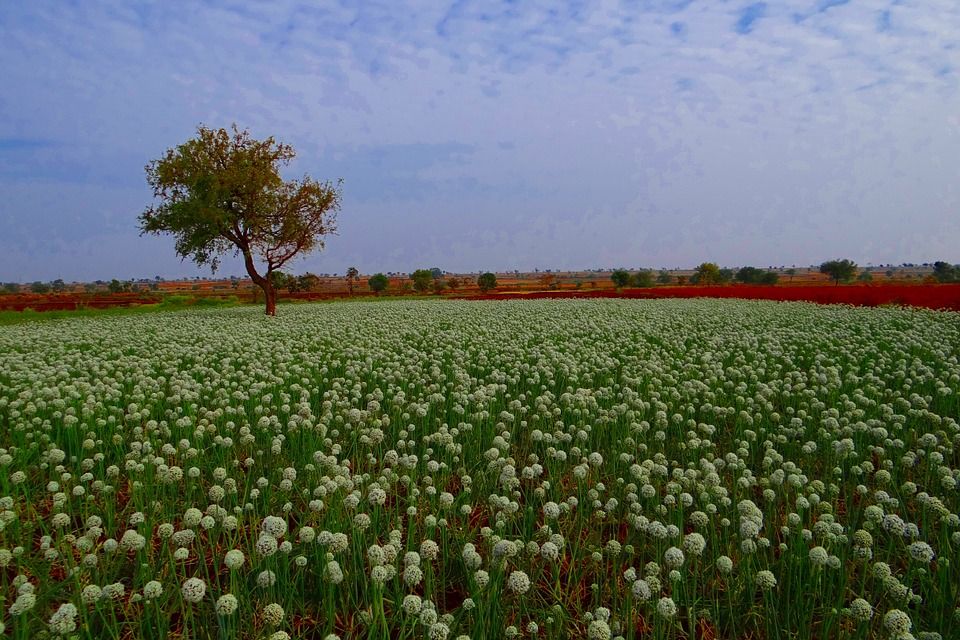Farming rethink required to enhance nature conservation
Adapting our agricultural practice is key to ensuring the long-term protection of our planet.

Adapting our agricultural practice is key to ensuring the long-term protection of our planet.
By the end of the 21st century, it is being projected that the planet will play host to 9 billion people. One of the biggest challenges, in this respect, is whether we will be capable of providing the food to feed the large number of additional mouths, while at the same time reducing CO2 levels.
According to two recent studies, the answer to this question is yes. It will, however, require a major rethink on how we utilise our natural resources.
Organic farming has been highlighted, in one of the reports, as being an approach capable of achieving all necessary targets – both with regards to food production and nature conservation.
Whereas, a separate research by professors at the University of Cambridge propose a different approach. With a focus on enhancing the size of yields per hectare, it is believed, in this study, that more land could be left alone to perform its natural nature-conserving role.
Despite sounding like polar approaches, the consensus from many is that these two ideas actually need to exist side-by-side. Organic farming currently makes up only 1% of the world’s total farmland, but can be a very lucrative sector – especially in Europe and the United States.
The environmental situation is one factor that impacts which approach is preferable. In drought conditions, for example, organic farming has the edge, with greater water-holding capabilities and people prepared to pay the higher prices.
The argument for organic farming to play a leading role also highlights the fact that it’s not our ability to produce enough food that is the issue, but rather the amount of waste. Simply put, this requires the food we produce globally to go to the right places, as opposed to ending up in the bin.
With this in mind, three key approaches outlined are land sparing, land zoning and restrictions on the export of certain crops.
Another key element of these initiatives would be incentivising farmers to conduct ethical agricultural practice and grow certain crops. A set of certifications could also play a role in this, enforcing an established level of standards.






